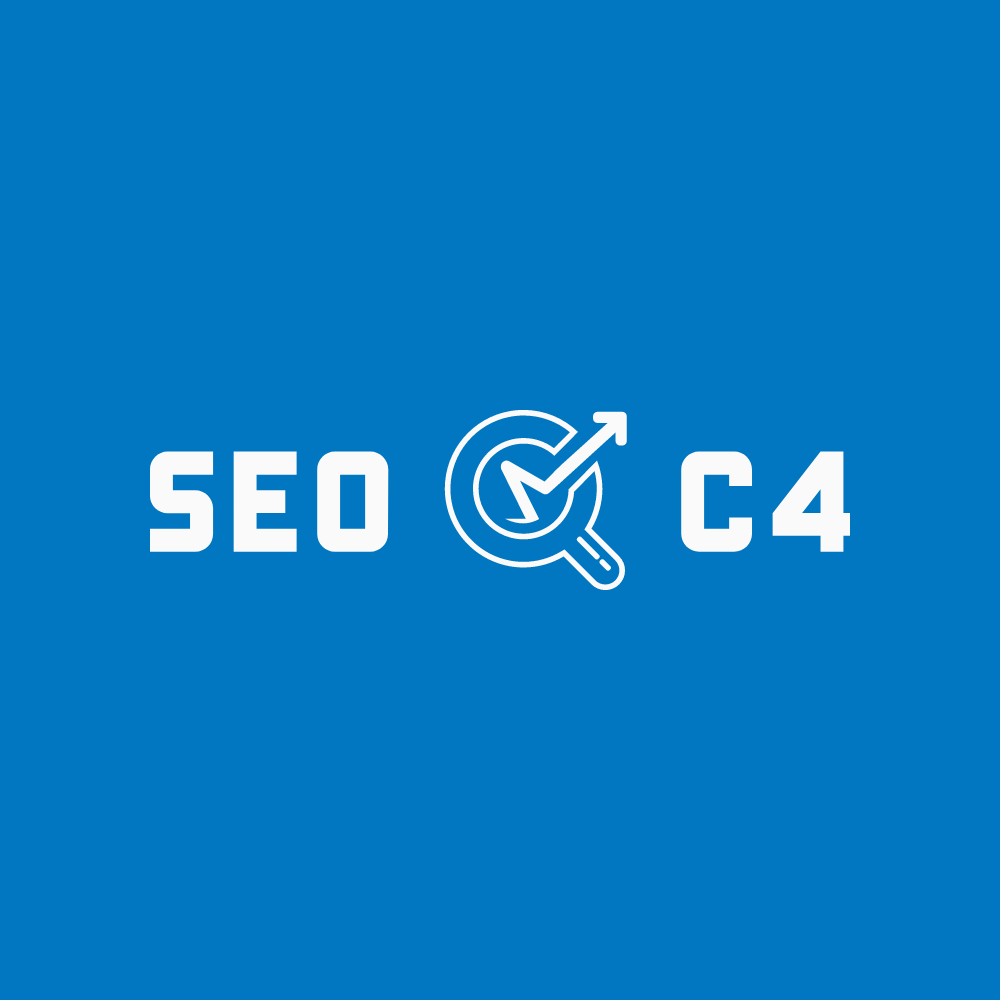
Introduction
Shopify has become a popular platform for entrepreneurs looking to start an online business. It offers a user-friendly interface, a wide range of customizable themes, and robust e-commerce features. However, one question that often arises is whether you need to have a Limited Liability Company (LLC) to operate a Shopify store. In this blog post, we will explore the facts and frequently asked questions surrounding this topic.
Understanding LLCs
An LLC is a legal business structure that provides limited liability protection to its owners. It combines the flexibility of a partnership or sole proprietorship with the liability protection of a corporation. By forming an LLC, your personal assets are separate from your business assets, which can help protect you in case of legal issues or debt.
Do You Need an LLC for Shopify?
The short answer is no, you do not need an LLC to operate a Shopify store. Shopify allows individuals to sell products online without requiring a specific business structure. As a platform, Shopify does not impose any legal requirements on its users regarding the formation of an LLC.
However, it is important to note that while an LLC is not mandatory, it can offer certain benefits and protections for your business. Let’s explore some of the advantages of having an LLC for your Shopify store:
1. Personal Asset Protection
By forming an LLC, you create a legal separation between your personal assets and your business assets. This means that if your business faces legal issues or debt, your personal assets, such as your home or savings, are generally protected.
2. Credibility and Professionalism
Having an LLC can enhance the credibility and professionalism of your Shopify store. It shows customers and potential partners that you are serious about your business and have taken the necessary steps to establish a formal legal structure.
3. Tax Flexibility
LLCs offer flexibility in terms of taxation. By default, an LLC is considered a “pass-through” entity, meaning that the profits and losses of the business are passed through to the owners and reported on their personal tax returns. However, LLCs also have the option to be taxed as a corporation, which can provide certain tax advantages depending on your specific situation.
Frequently Asked Questions
1. Can I start a Shopify store as an individual?
Yes, you can start a Shopify store as an individual without forming an LLC. Shopify does not require a specific business structure to get started.
2. What are the alternatives to an LLC?
If you decide not to form an LLC, you can still operate your Shopify store as a sole proprietorship or partnership. However, keep in mind that these business structures do not offer the same level of personal asset protection as an LLC.
3. Do I need an LLC to get a business license?
Obtaining a business license is typically separate from forming an LLC. The requirements for a business license vary depending on your location and the nature of your business. It is advisable to check with your local government or consult a business attorney to understand the specific licensing requirements for your Shopify store.
4. Should I consult a professional before deciding on an LLC?
While it is not required, consulting with a business attorney or tax professional can provide valuable guidance and help you make an informed decision about forming an LLC for your Shopify store. They can assess your specific situation and provide advice tailored to your needs.
Conclusion
While you do not need an LLC to operate a Shopify store, forming one can offer certain benefits and protections for your business. An LLC provides personal asset protection, enhances credibility and professionalism, and offers tax flexibility. Ultimately, the decision to form an LLC should be based on your individual circumstances and goals. Consulting with a professional can help you navigate the legal and financial considerations involved. Regardless of your business structure, Shopify remains a powerful platform for entrepreneurs to launch and grow their online stores.




